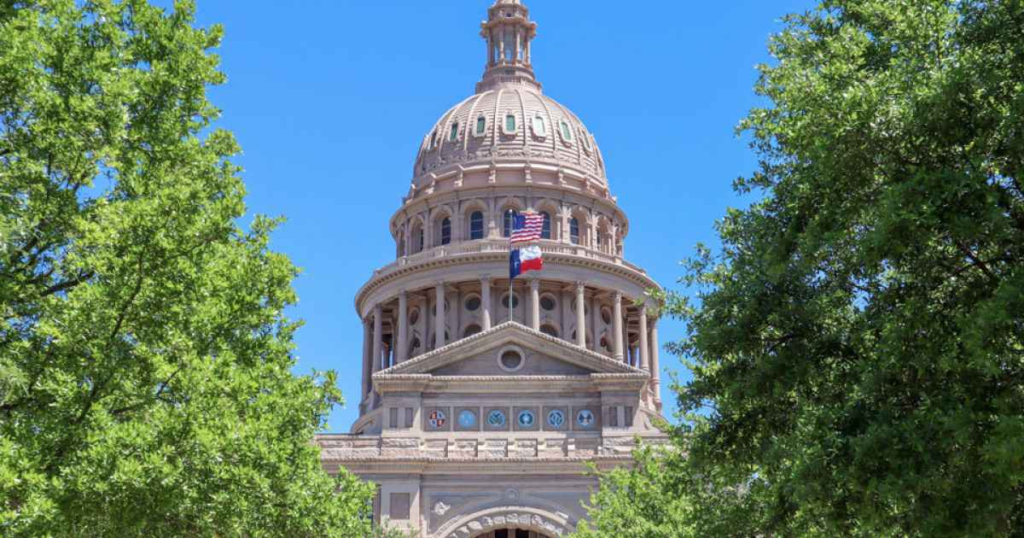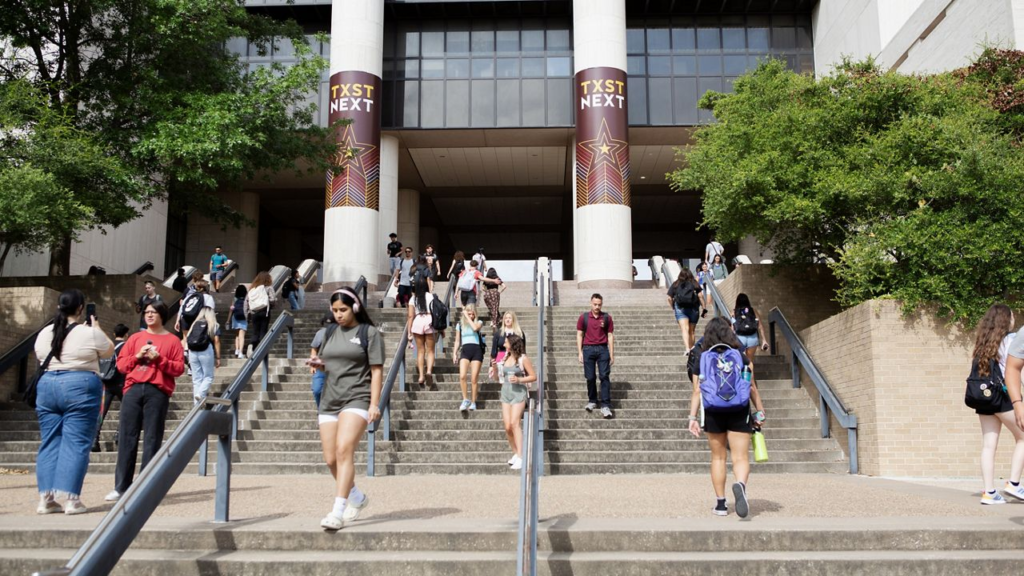Speech restrictions on university campuses are becoming a central issue in higher education, especially in Texas. Legislative moves and political pressure are changing how faculty teach, what content is allowed, and how universities respond when classroom material is challenged. In this article, I describe recent developments, specific cases, how faculty are affected, and what this means for academic freedom.
What Is Happening in Texas
In Texas, there is a growing trend toward laws, policies, and public pressure that limit or regulate what professors can teach. Some of the developments include:
- Politicians and state leaders raising concerns about ideological bias in classrooms, especially in subjects involving gender identity, sexuality, race, or diversity, equity, and inclusion (DEI).
- Laws that ban certain topics in K‑12 schools, though these generally do not apply to universities. But political pressure often spills over into higher education anyway.
- Administrators being asked to ensure that course content matches the descriptions in course catalogs. If content differs, faculty may face removal or termination, or universities may force changes.
- Departments and senior faculty losing administrative roles or being demoted when controversial classroom content draws public attention.

Key Case: Texas A&M and the McCoul Incident
One high‑profile example illustrates how the changes play out in practice:
- A professor at Texas A&M taught a children’s literature class in which issues related to gender identity and sexuality were included. A video of a student objecting during class circulated online. The student claimed the material was “illegal” under certain laws or beliefs. The professor responded that her teaching was legal and consistent with course catalog descriptions. Experts say no law currently bans such instruction in higher education in Texas.
- The university president ordered the course content to be reviewed, stating that content in all sections must align with catalog descriptions. Then the dean of Arts and Sciences and the head of the English Department lost their administrative roles. Soon after, the professor was fired. She has appealed.
- Supporters argue that this action sets a dangerous precedent for academic freedom. They say faculty may self‑censor, avoiding sensitive topics out of fear. Critics inside and outside academia say this is political interference in teaching.
Examples of Consequences for Faculty
Other cases show similar patterns:
- A tenured history professor was fired after remarks at a conference were deemed to “advocate violence.” The university called the conduct incompatible with faculty duty.
- Faculty surveys and reports indicate many professors are changing their syllabi, avoiding controversial content, or omitting certain topics entirely to avoid risk. They speak of a chilling effect on academic freedom.
Arguments For and Against These Speech Restrictions
Here are some of the perspectives people express when they debate speech restrictions on university campuses:
Arguments Supporting Restrictions
- Universities should ensure that what is taught matches official course descriptions so that students know what to expect.
- Preventing what some see as ideological indoctrination or bias in the classroom.
- Maintaining order and public trust, especially if parents or lawmakers believe certain content crosses moral, religious, or political lines.
- Ensuring accountability when universities use public funds.
Arguments Opposing Restrictions
- Academic freedom is essential for higher education. Professors need the ability to address complex, controversial, or evolving topics.
- Vague or overly broad rules allow arbitrary or political decisions about what is “allowed.”
- Fear of punishment can lead to self‑censorship, harming the quality of teaching and scholarship.
- Legal and constitutional concerns: free speech and due process rights may be threatened.
How Faculty, Students, and Universities Are Responding
- Faculty and academic freedom groups are pushing back with statements, organizing, and in some cases legal action. They seek clearer definitions and protections.
- Students, especially from marginalized communities, are concerned about what topics will be shut out and whether they will feel safe in classrooms.
- Universities are reviewing their policies, auditing course content, revising catalog descriptions, and sometimes removing or demoting administrators when controversies occur.

Broader Implications
Speech restrictions on university campuses in Texas may have effects beyond any single incident:
- Academic freedom may be weakened, with fewer opportunities for open discussion in classrooms.
- University governance may shift toward more political oversight and fewer protective structures for faculty.
- Research on sensitive or contested topics may decline or become more cautious.
- Students may receive a narrowed curriculum and fewer chances to engage with dissenting or challenging ideas.
- Legal battles may increase; courts will need to address where free speech ends and policy enforcement begins.
Conclusion
Speech restrictions on university campuses are no longer only theoretical concerns in Texas. They are real, immediate, and affecting faculty, administrators, and students. How universities, state governments, courts, and communities respond will determine whether academic freedom holds firm or continues to erode. The balance between protecting open inquiry and satisfying political or societal demands is at a turning point.
Do Follow USA Glory On Instagram
Read Next – CDC Vaccine Schedule Political Pressure Erodes Public Trust






